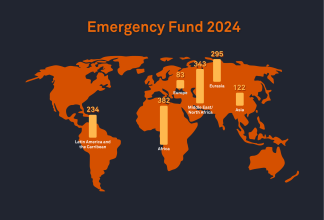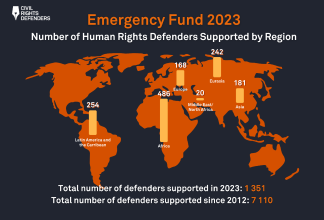Vietnam Should Cooperate with UN Human Rights Mechanisms
This week the 31st session of the UN Human Rights Council begins in Geneva, Switzerland. Vietnam is in the final year of its three-year term as a council member. Yet its cooperation with UN human rights mechanisms remains weak.
Arbitrary restrictions on civil and political rights in Vietnam are on-going, despite the country being a state party to multiple international human rights treaties, including the International Covenant on Civil and Political Rights (ICCPR). Following Vietnam’s last ICCPR review in 2002, the UN Human Rights Committee expressed concern that the status of the human rights protected under the treaty remains “unclear” under domestic law and “that according to Vietnamese law the Covenant rights must be interpreted in a way that may compromise the enjoyment of these rights by all individuals.” Vietnam’s next ICCPR report is overdue since August 2004.
In addition to the use of repressive legislation to silence critics, harassment, attacks and intimidation of activists and their family members have been documented, including violent assaults by police or plainclothes agents. Last year, at least 70 activists and their family members were subjected to such violence.
Since 2002, nine independent UN human rights experts, also known as Special Rapporteurs, have requested to visit Vietnam, but have yet to receive a positive response.
Vietnam should facilitate visits by the Special Rapporteurs and submit reports to UN treaty bodies without undue delay. Instead of intimidating those who cooperate or attempt to cooperate with UN mechanisms, Vietnam should conduct meaningful and inclusive consultations with independent civil society groups and human rights defenders in the preparation of human rights reports to the UN and create a safe and enabling environment for them to monitor and contribute to the implementation of UN recommendations.
Please click here to download a factsheet on Vietnam’s engagement with UN human rights mechanisms.

